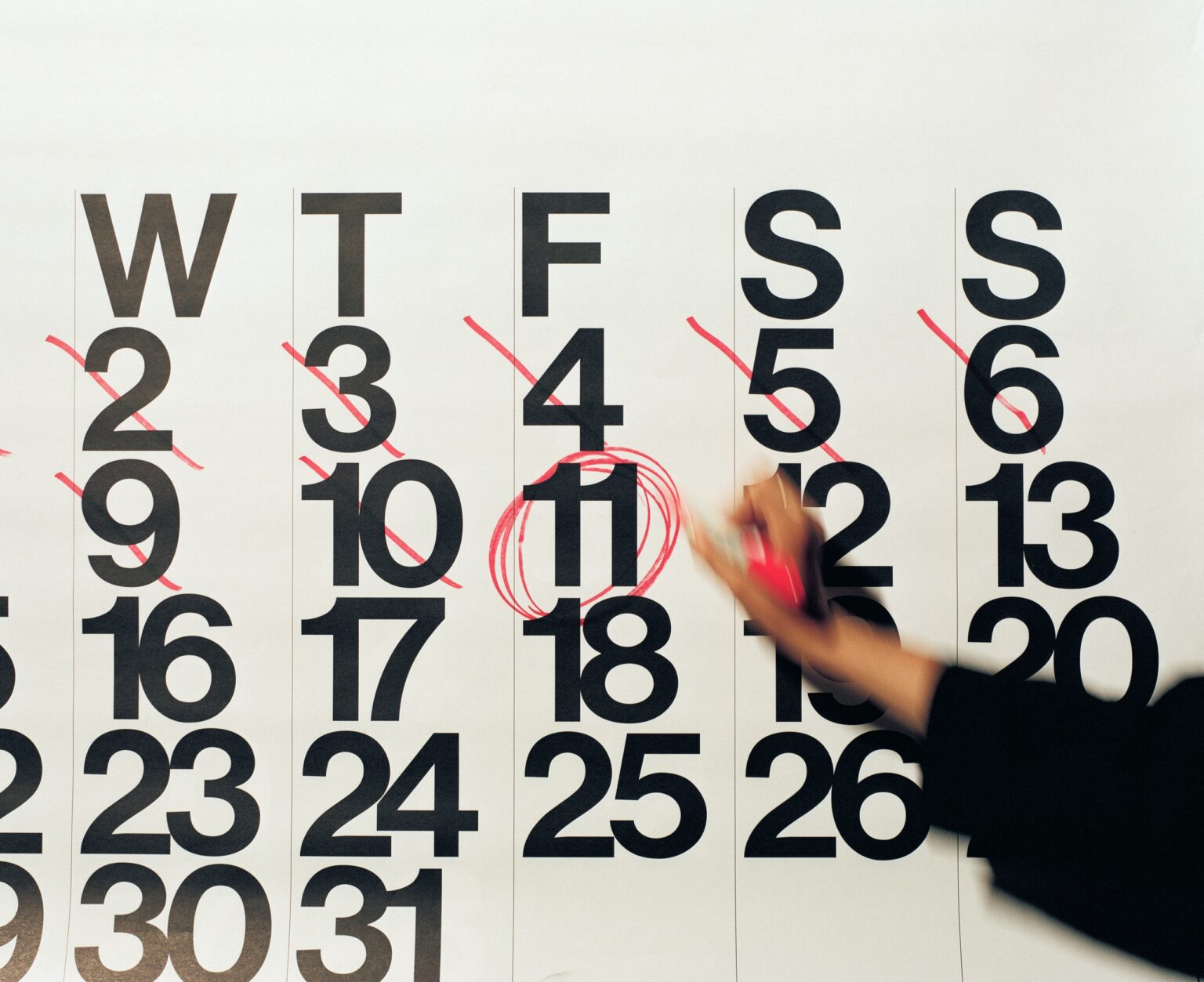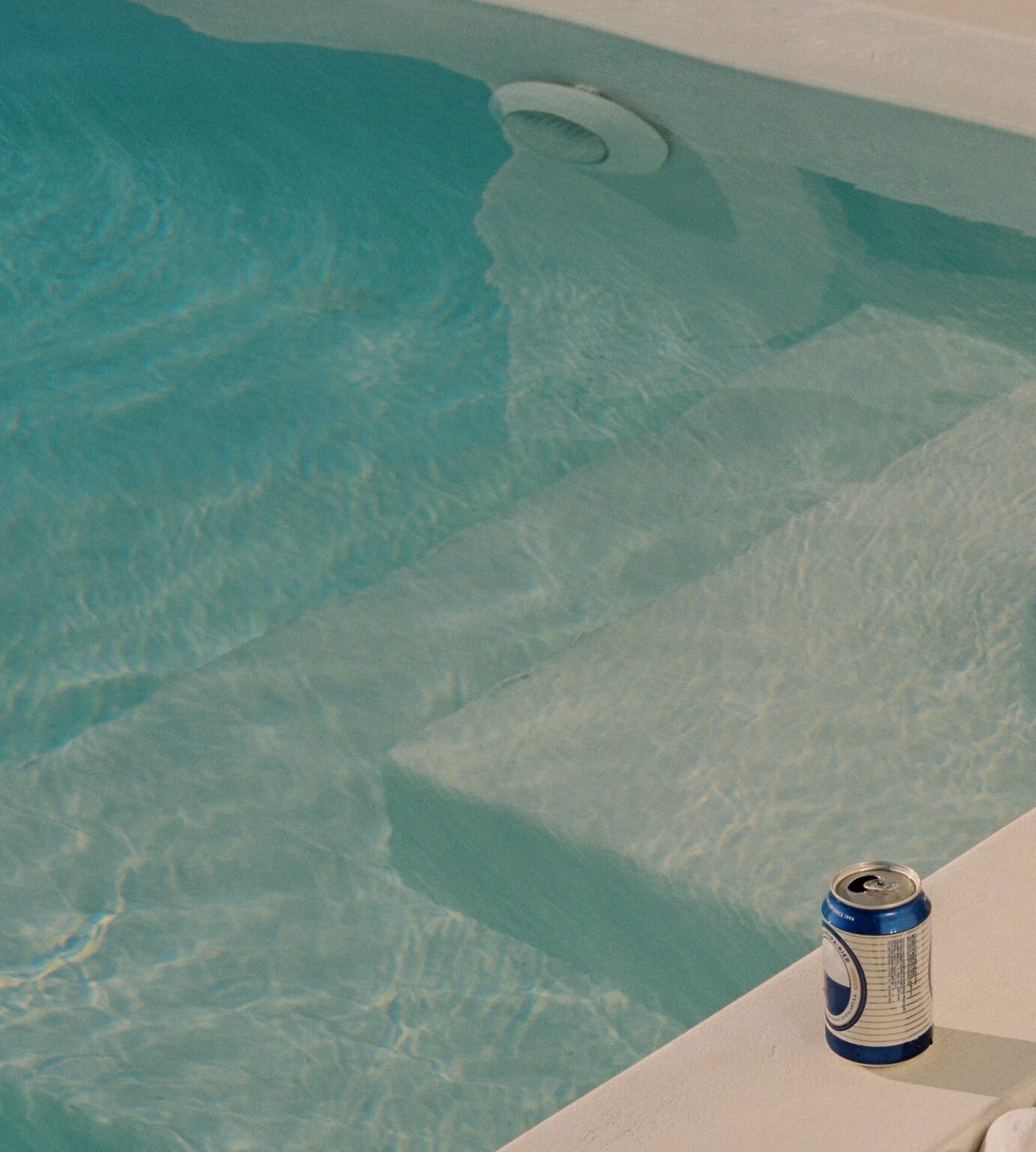The Price of Free Time
Modern life allows work to consume our free time. This long weekend, we’re taking it back.

Words:
Sara Chiarotto O’Brien
One third of American employees work on weekends. A century ago, the generation of workers that were spearheading the burgeoning labour rights movement imagined a future free from boundless working hours and unenforced free time. With a newly regulated eight-hour work day and the fight for a minimum wage gaining strength in the Western world, things were looking up. Economist John Maynard Keynes predicted in 1928 that by the twenty-first century, “our grandchildren” might work “three hour shifts” and live lives of “leisure and abundance”. Cue the laughter. Seven years out from that starry-eyed prediction, it appears Keynes’ vision will not come to pass.
In North America, the end of summer is marked by the fireworks and dwindling parades of Labor Day. It’s a cruel irony that on a day created to celebrate the contributions of workers, millions of working people will spend it checking messages and working on slide decks. Especially this year, as many enter a second autumn of remote work rife with the erosion of whatever work-life balance they once had.
As anybody with an email address knows, work doesn’t end when we leave the office. The mid-twentieth century’s transition from physical to knowledge-based labor rendered “clocking out” meaningless. Work never really stops when it happens in your head. And when we do forget about it, we often feel guilty.
The way we work is not working.

As Jenny Odell writes in her groundbreaking book How to Do Nothing: Resisting the Attention Economy, “in a situation where every waking moment has become the time in which we make our living, and when we submit even our leisure for numerical evaluation via likes on Facebook and Instagram … time becomes an economic resource that we can no longer justify spending on ‘nothing.’”
While our culture has become one of grinding, side hustles, and 2am Slack messages, the ‘nothing’ we dismiss as a waste of time might actually be the most important something of all. Afterall, when we say we’re doing ‘nothing’ we’re usually referring to a practice of relaxation. A Sunday spent trying a new recipe, reading a book, visiting a museum, or simply sleeping are forms of rest that foster creative ways of thinking and jolt our brains out of old patterns.
Unfortunately, as Odell notes, “we do not tend to see maintenance and care as productive” despite research that says otherwise. In a recent study from the World Health Organization, it was proven that workers who routinely take breaks decrease their risk of heart disease and increase their capacity to absorb and retain new information.
“Less mental clutter,” writes Cal Newport, productivity expert and author of Deep Work: Rules for Focused Success in a Distracted World, “means more mental resources available for deep thinking.”


The case for relaxing on the weekends goes beyond decluttering the brain. As journalist Annie Murphy Paul explains in The Extended Mind, recent research into cognitive science has shown that our brains are not designed to function as computers.
More time spent on a task does not often translate to increased productivity. Instead, it functions in loops, constantly absorbing inputs and comparing them against each. This enables us to build models of the world that help us solve problems – like creating a financial model or deciding where to eat for lunch. When we switch tasks, we switch inputs and open ourselves to entirely new ways of seeing a problem. It’s no coincidence that people often have their best ideas in the shower.
Most of us strive to be productive at home and at work, but our very definition of productivity might be misguided. Shifting our understanding of ‘productivity’ can help us enjoy our free time more while continuing to bring our best ideas forward when we need them. Where does this leave our weekends? Though it can be difficult to turn off the screens and let messages sit unanswered for a few days, reclaiming our time is exactly what we need.
This reclamation is not easy to do alone, but there are places to start. Odell advocates a quiet kind of resistance by “refusing the frame of reference” and measuring ourselves by different standards than the ones at work or on social media. For us, it involves creating – writing, cooking, painting, and engaging in other activities whose goal is the process, not the product.
Modern life’s innovations have the potential to change the way we live for the better. But, fulfilling its promises requires a thoughtful look at how we use our space and time. However you spend this weekend, we hope you take some of it for yourself.

More Stories
-
 17.11.2025 | News
Black Friday Sale - 45% off everything *including Stackware*
17.11.2025 | News
Black Friday Sale - 45% off everything *including Stackware*
Our biggest (and only) sale of the year is here. Over $460++ off cookware. 45% off everything.*
-
 05.11.2023 | News
Celebrating with Rolls-Royce
05.11.2023 | News
Celebrating with Rolls-Royce
Bringing design, innovation, sustainability, performance, luxury, and craftsmanship together.
-
 01.11.2023 | News
Utility Patent Granted
01.11.2023 | News
Utility Patent Granted
The ENSEMBL: Stackware Removable Handle has received a utility patent.
Free shipping on all North American orders.